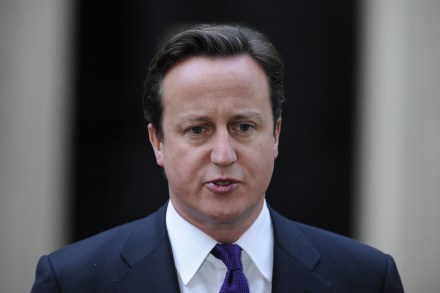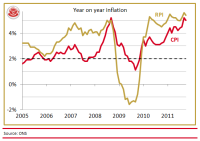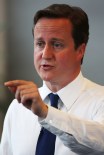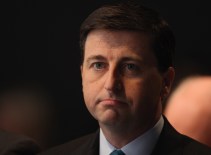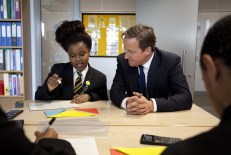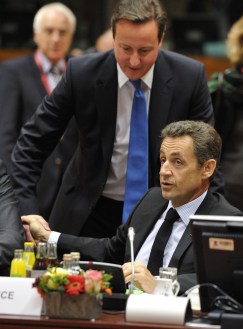A ban on smoking in cars should be unthinkable
It’s tempting to respond to the BMA’s extraordinary proposal to ban smoking in cars with a Thin End of the Wedge argument. Ban smoking even on the part of an unaccompanied adult, sitting in a car by the side of the road? How long before they’re banning it in the home, eh? But hold it right there. The proposal isn’t just scary for where it might lead. It’s scary all by itself. The notion that a grown up can be barred from self-harm by smoking a fag by himself, in his own car, his own space, on the basis that it might kill him sooner rather than later, should be





